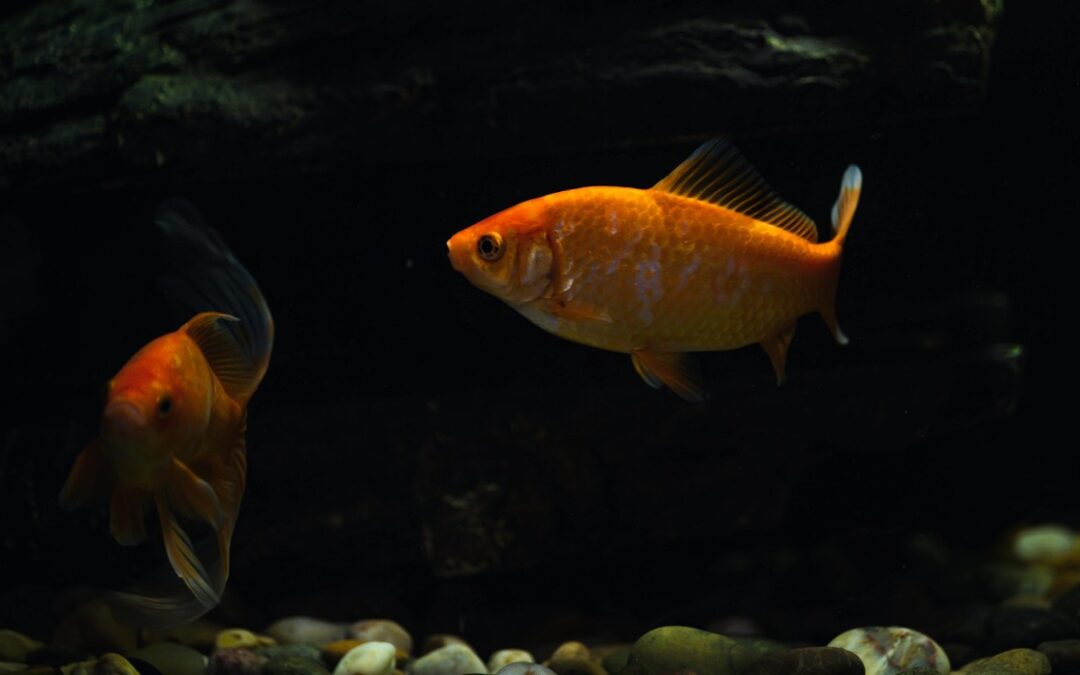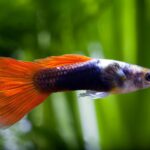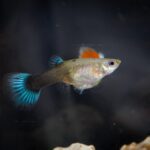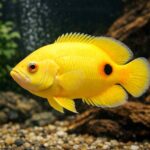When people picture goldfish, the first thing that usually comes to mind is the old saying that they can only remember things for three seconds. This myth has been around for years, making goldfish seem like simple little creatures that just swim in circles without a thought. But the truth is, science paints a completely different picture. Goldfish are actually much smarter and more capable than most of us realize.
In this article, we’ll dive into the truth behind goldfish memory, explore scientific evidence, and explain why this persistent myth still lingers.
Debunking the 3-Second Myth
The idea that goldfish have only a three-second memory is one of the most widespread misconceptions in the pet world. But research has shown this to be completely false.
- Extended Memory: Studies reveal that goldfish can remember things for weeks, months, and possibly even years. For example, experiments have shown that goldfish retain learned behaviors for at least three months and, in some cases, five months or more. That’s a far cry from three seconds.
- Learned Behaviors: Goldfish can be trained to perform complex tasks. In controlled experiments, they’ve learned to press levers for food, associate certain sounds with feeding, and even return to specific places in their environment after long periods.
- Spatial Memory: Beyond simple tricks, goldfish can remember the layout of their tanks or ponds. They use landmarks to find food efficiently, demonstrating a surprisingly advanced spatial memory.
Clearly, goldfish memory is not only better than three seconds—it’s good enough to rival many other animals we consider intelligent.
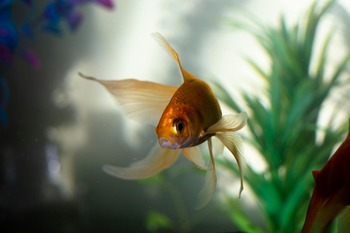
Evidence of Goldfish Intelligence
If you’ve ever owned a goldfish, you may have already noticed signs of intelligence without realizing it.
- Recognition of People
Goldfish can learn to recognize the humans who feed them. Many owners report that their fish swim to the front of the tank when they approach, especially around feeding time. Some studies suggest they can distinguish between different individuals based on appearance. - Learning Complex Tasks
Goldfish are capable of more than just swimming in circles. Research has shown they can operate levers for food and even understand time-based feeding schedules. For example, goldfish trained to push a lever for food at a specific hour will only approach it during that time, showing an awareness of timing and memory. - Environmental Awareness
Goldfish can remember the location of feeding areas, navigate using visual cues, and adapt to changes in their environment. These skills are essential for survival in the wild, where remembering food sources and avoiding predators makes all the difference.
Together, these abilities show us that goldfish are not only capable of remembering things but also of applying their memory in surprisingly complex ways.
Why the Myth Persists
If science has proven goldfish have good memories, why do so many people still believe in the three-second myth?
- Simplicity of the Myth: The idea is catchy and easy to remember (ironically, more memorable than the truth). It has been repeated in movies, TV shows, and everyday conversation, which helped it spread.
- Misunderstanding of Fish Behavior: Goldfish often swim in repetitive patterns, which might look like forgetfulness. In reality, they may just be following instinctive behaviors, not showing signs of poor memory.
- Underrated Intelligence in Fish: People tend to underestimate animals that don’t look or behave like us. Because goldfish don’t display intelligence in obvious, human-like ways, it’s easy for people to assume they aren’t capable of much.
But once we look at the evidence, it becomes clear: goldfish are far from mindless swimmers with three-second memories.
What This Means for Goldfish Owners
Understanding goldfish intelligence isn’t just fun trivia—it can improve how we care for them.
- Enrichment Matters: Since goldfish can remember and learn, they benefit from a stimulating environment. Adding plants, hiding spots, or even training sessions can keep them engaged.
- Routine Is Important: Goldfish remember feeding times, so sticking to a consistent schedule can reduce stress and help them thrive.
- Interaction Counts: Because they can recognize their owners, spending time near the tank and interacting with your goldfish can strengthen their familiarity and comfort with you.
By treating goldfish as the intelligent creatures they are, we can give them better lives and bust the myth once and for all.
FAQs About Goldfish Memory
1. Do goldfish really have a 3-second memory?
No. This is a myth. Scientific research has shown that goldfish can remember things for weeks, months, and even years.
2. How long can a goldfish remember something?
Studies suggest goldfish can remember learned behaviors for at least three months, and possibly five months or longer.
3. Can goldfish recognize their owners?
Yes. Goldfish can learn to recognize the people who feed them and may swim toward the glass when they see familiar faces.
4. Can goldfish be trained?
Absolutely. Goldfish have been trained to push levers for food, associate sounds with feeding, and even follow time-based schedules.
5. Why do people think goldfish have short memories?
The myth is likely a mix of misunderstanding fish behavior and the catchy nature of the idea. It spread through popular culture despite lacking scientific evidence.
6. Are goldfish intelligent compared to other fish?
Yes. Goldfish are often used in scientific studies precisely because of their learning and memory abilities, which are more advanced than people usually assume.
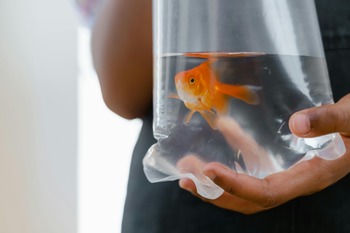
Final Thoughts
Goldfish are much smarter than the old “three-second memory” myth suggests. With the ability to remember for months, recognize humans, learn complex tasks, and navigate their environment, these fish are fascinating creatures with a surprising level of intelligence.
So, the next time you see your goldfish swimming to the glass when you walk by, know that it’s not just random behavior—they really do remember you.

